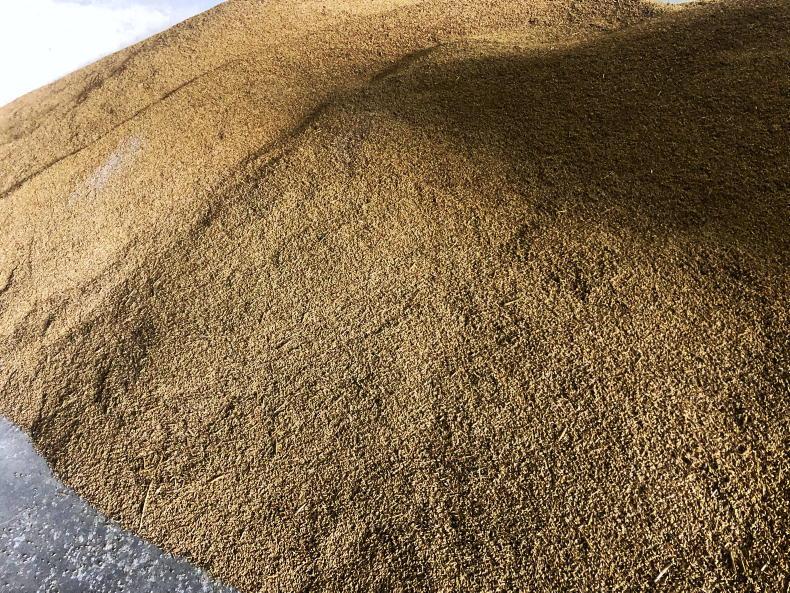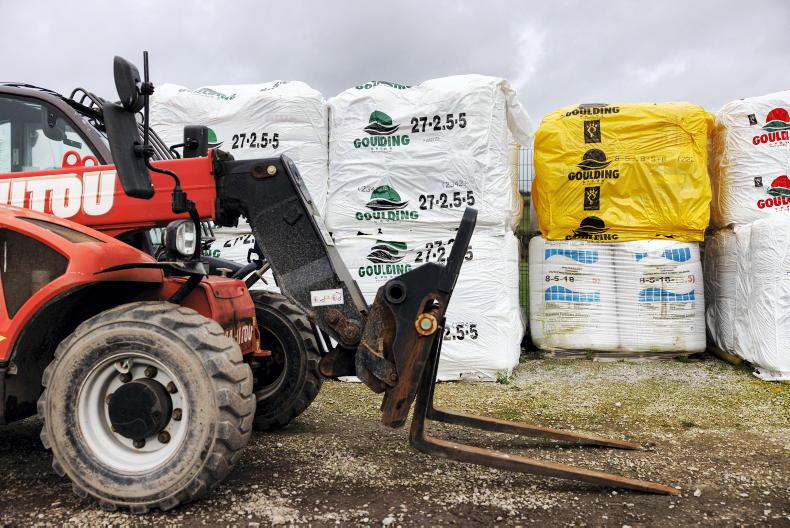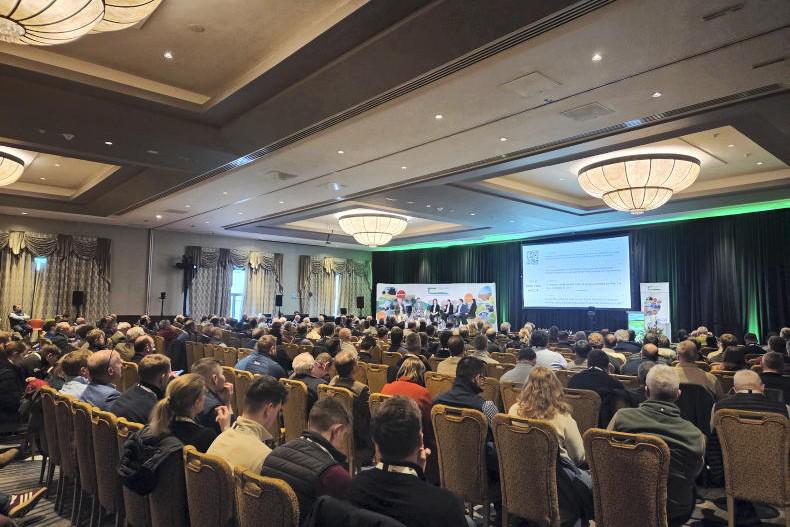Six months into the war in Ukraine and the world is facing a spillover impact into next year’s harvest, according to analysis by the International Food Policy Research Institute (IFPIRI).
The war will have affected three Ukraine crops – last year’s harvest that couldn’t get to market, this summer’s harvest which can’t get to market and the prospect for next year’s plantings is poor, according to Joe Glauber, senior research fellow at IFPIRI.
A report from the Ukraine ministry of agriculture this week indicates that plantings may be down by 30%.
Despite the fact that a number of countries will make up this deficit in the coming season, critically we are not rebuilding stocks, said Glauber. The world stocks-to-use ratio, while forecast to slightly improve, is at its lowest level since the food crisis of 2007-08.
High prices
According to David Laborde of IFPIRI, the old saying that the remedy for high prices is high prices is unlikely to hold true this time.
“Increased fertiliser prices are reducing farm profitability around the world and not triggering, in some cases, the major supply response that we were aiming for.
“So you see how this input market is so important because it’s the next harvest,” said Laborde.
If stocks are to be rebuilt, more needs to be produced in the coming months, not only to keep track with demand but to rebuild the inventories, according to Laborde.
Add to that the current devastating floods in Pakistan, which are creating a new type of demand.
While the prospect of a continuation of tight markets and high prices may be welcomed by farmers, higher production costs will undermine profitability globally.
It is certainly not welcome news for those feeling the brunt of global food security challenges.
Currently, 205.1m people in 43 regions of the world require urgent humanitarian assistance.
That figure has increased by 30m since the start of the year and, according to IFPIRI, it does not fully reflect the compounding impact of the war in Ukraine.
Subsidising fertiliser in Europe
While European farmers are clearly struggling with fertiliser prices, subsidising fertiliser is not the answer.
According to Laborde, the increased price of fertiliser should be reflected in market prices for consumers. And we don’t want to interact with that.
Critically, he pointed out that if Europe doesn’t reduce its demand for fertiliser this year, it means that other parts of the world will have to.
What we don’t want is to subsidise fertiliser in Europe so that it competes on the world markets against the African fertiliser buyer, said Laborde.
European farmers are benefiting from higher output prices, according to Charlotte Herbebrand of IFPIRI. Their output to input ratio is much more favourable than in poorer countries.
Laborde was clear that food security cannot be achieved without chemical fertilisers, saying: “If you spend time in Africa talking to farmers that don’t have access to fertiliser, you understand why they have low productivity, low yield, maintaining poverty and food insecurity.”










SHARING OPTIONS